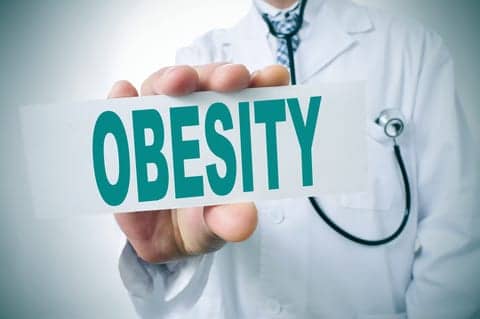A recent study suggests that severely obese individuals may lose as many as 14 years off of their life. Researchers pooled data from 20 previous studies and found that a body mass index (BMI) greater than 40, which is considered severe obesity, increased the odds of dying early from heart disease, diabetes, and cancer compared to people of normal weight, according to a news release from HealthDay.
For the study, the researchers focused on previous research on nearly 10,000 severely obese people who had never smoked or had any chronic disease. They compared these individuals with about 304,000 normal-weight adults. The research team found that over the 30-year study period, the severely obese men and women were more likely to die early compared with normal weight people.
The researchers do note, however, that the findings are limited because people reported their own height and weight to calculate BMI and also because BMI was the only measure of obesity.
Heart disease was the major factor linked with death among the severely obese, followed by cancer, diabetes, kidney and liver disease. The risk of dying from any of these conditions rose along with weight.
Cari Kitahara, PhD, MHS, lead investigator of the study, says, “We found that the death rates in severely obese adults were about 2.5 times higher than in adults in the normal weight range.” The research team calculated that severely obese people were cutting their lives short by 6.5 to 13.7 years, as compared with normal weight people. Kitahara says this similar to the toll taken by smoking.
Kitahara explains that whether losing weight would improve lifespan isn’t clear, but that not becoming obese in the first place will extend your life.
David L. Katz MD, MPH, FACPM, FACP, says the findings of the study underscore existing concerns. In addition to advanced obesity treatments, Katz says obesity must be addressed with prevention “since severe obesity rarely has to happen in the first place.”
Source: HealthDay





